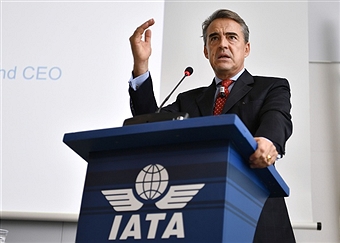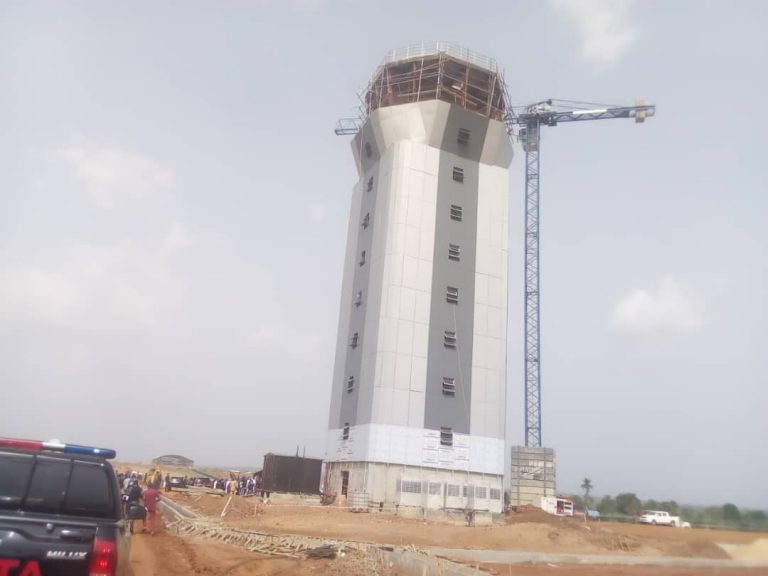Global aviation watchdog, the International Air Transport Association (IATA), has advised African nations and Nigeria in particular to up the game of their aviation infrastructure renewal to partake in the multibillion dollar aviation traffic pull coming to Africa.
The group said such investment will among other thing, help to maximise the positive social and economic power of aviation by developing critical infrastructure and working together to promote safe, sustainable and efficient air connectivity.
IATA, the clearing house for over 280 airlines in the world, at the 50th Annual General Assembly (AGA) meeting of the African Airline Association (AFRAA) in Morocco, said the governments have a lot of role to play to properly align the continent with the trend of aviation growth around the world.
According to the Director General and Chief Executive Officer of IATA, Alexandre de Juniac, “African aviation currently supports $55.8 billion of economic activity and 6.2 million jobs. To enable aviation to be an even bigger driver of prosperity across the continent, we must work closely with governments.”
“Africa has had no jet hull losses for two years running and is two years free of any fatalities on any aircraft type, it’s clear that progress is being made. But more needs to be done. We urge governments to recognize the IATA Operational Safety Audit (IOSA) in their safety oversight programs.
“With IOSA carriers performing three times better than airlines not on the IOSA registry, we have a convincing argument. Similarly states must push forward greater adoption of ICAO Standards and Recommended Practices (SARPS),” de Juniac said.
While revealing that only 24 African states comply with at least 60 per cent of ICAO SARPS, IATA averred that “That is not good enough,” said de Juniac, who encouraged states to make global safety standards a top priority. IATA noted that airlines in Africa, on average, lose $1.55 for every passenger carried, thus establishing competitive cost structures that enable growth and reducing blocked funds are essential to improving the competitiveness of African aviation.
It noted further that “Africa is an expensive place for airlines to do business. There is no shortage of examples illustrating the heavy burden that governments extract from aviation. Jet fuel costs are 35 per cent higher than the rest of the world.
“User charges, as a percentage of airlines’ operating costs, are double the industry average. And taxes and charges are among the highest in the world. On top of that, $670 million of airline funds are blocked. Too many African governments view aviation as a luxury rather than a necessity. We must change that perception.
“In Africa we have infrastructure problems in two extremes. In some cases it is overbuilt and expensive. In other cases, it is deficient and cannot meet demand. Dialogue between industry and government is critical to ensure that there is sufficient capacity to meet demand, that airline technical and commercial quality standards are met and that the infrastructure is affordable. Achieving that will create the platform on which aviation’s economic and social benefits can be maximised,” he said.
De Juniac further expressed strong support for the Single African Air Transport Market (SAATM) initiative, saying “The low density of the African intra-continental network makes it impossible to realise the potential benefits of a connected African economy”.
“SAATM, if implemented, gives Africa the potential for economic transformation. History has shown that opening markets leads to rapid advances in connectivity,” de Juniac said.
Till date, 27 African governments have committed to SAATM and IATA encourages the remaining 28 African Union member states to come on board quickly to enjoy the potential.
IATA boss therefore urged African governments to develop policies to build their training pipeline to support growth and tap into the power of women to help alleviate a growing skills shortage in the region.









